News
Ideal Motors hands over its locally manufactured ATVs to the Sri Lanka Navy
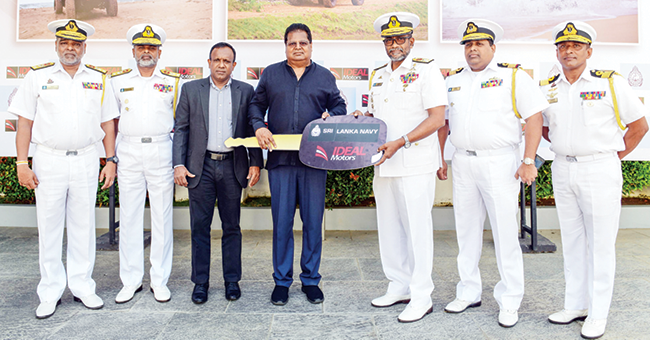
Ideal Motors, a leading vehicle manufacturer and an assembling company in Sri Lanka, recently delivered a range of ‘Combat All Terrain Vehicles’, which are specially designed for use on rough terrains and manufactured using local technology, to the Sri Lanka Navy’s Marine Corps. Ideal Motors has taken the initiative to locally manufacture these ATVs, with the technical support from Mahindra and Mahindra – India. Components such as the engine, gear system and the chassis were all sourced from the Mahindra Company in India.
The vehicles’ design and the manufacture of other vehicle parts were carried out by local engineers, and it has been proven via extensive testing that these ATVs are well built and suit any terrain. Three of these ATVs, which were specially designed to suit the requirements of the Marine Corps, were recently handed over to Sri Lanka Navy.
Ideal Motors states that this locally manufactured ATV can be purchased at a cost of LKR 8 million whereas, if imported to Sri Lanka, an ATV of similar capacity, would cost approximately LKR 20 million. A 3-year warranty period along with a 24-hour breakdown assistance service is also on offer for customers by Ideal Motors.
These vehicles are to be mainly used for coastal zone protection by the Sri Lankan Navy Marines specially focusing on illegal smuggling taking place in coastal areas. Discussions are underway to facilitate the provision of similar specially designed vehicles for Sri Lanka’s Armed Forces with the aim of accelerating the local production of vehicles to suit such requirements. This will result in securing the foreign currency within the nation instead of relying in imports, which is especially useful during challenging times such as prevailing economic situation in Sri Lanka. It will also greatly contribute to the revival of the local industries and empowering the nation overall.
News
Navy assist to conduct St. Anthony’s Church festival in Palaitivu
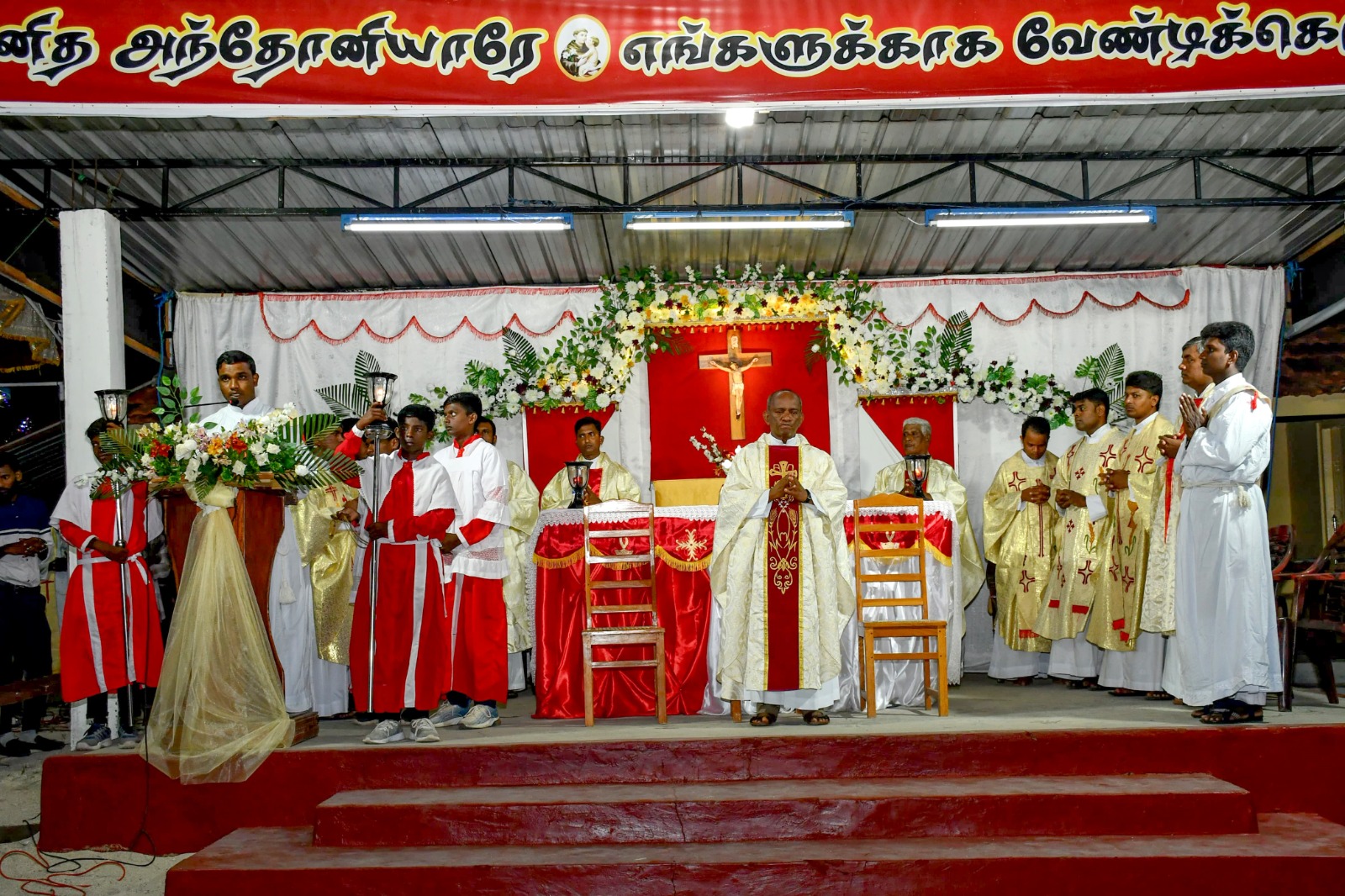
The annual festival of St. Anthony’s Church on the Palaitivu Island, Jaffna was successfully held on 21 and 22 Mar 25.
Demonstrating its commitment to community and social responsibility, the Sri Lanka Navy enabled facilities for the conduct of the event and
convenience of devotees.
In accordance with the directives of the Commander of the Navy and under the supervision of the Commander Northern Naval Area, the Navy provided sea transportation for the event. Additionally, they ensured the safety and convenience of devotees by providing sanitary and medical facilities, drinking water, essential infrastructure, and deploying lifesaving teams.
The main mass of the church festival was conducted by the Vicar General of the Jaffna Diocese Very Rev. Fr. P Josephdas Jebarathnam.
This year’s event saw the participation of a gathering of priests and nuns from various regions, alongside a significant number of devotees.
The festival also highlighted the Navy’s ongoing dedication to fostering social welfare and promoting religious and cultural harmony.
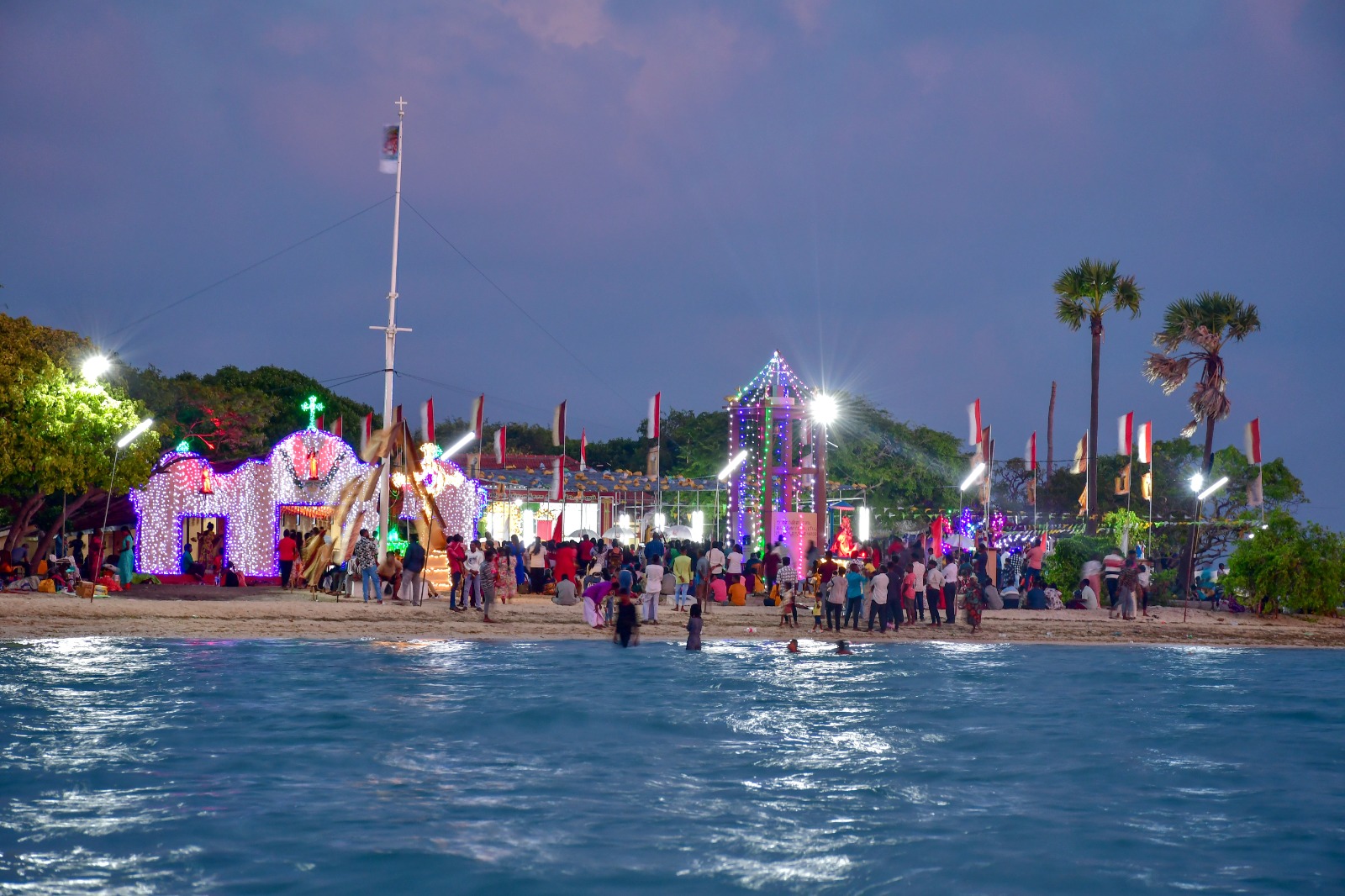
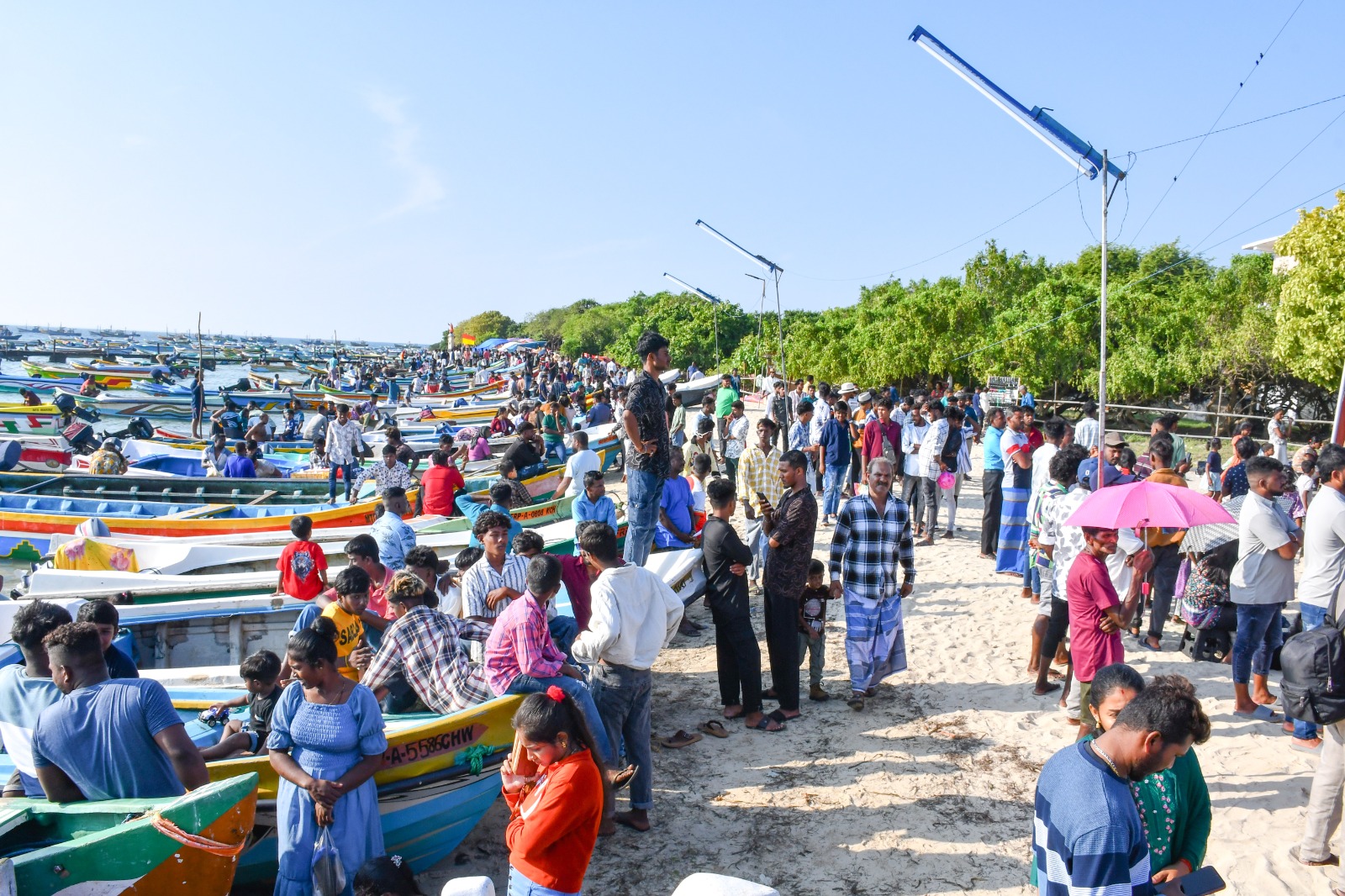
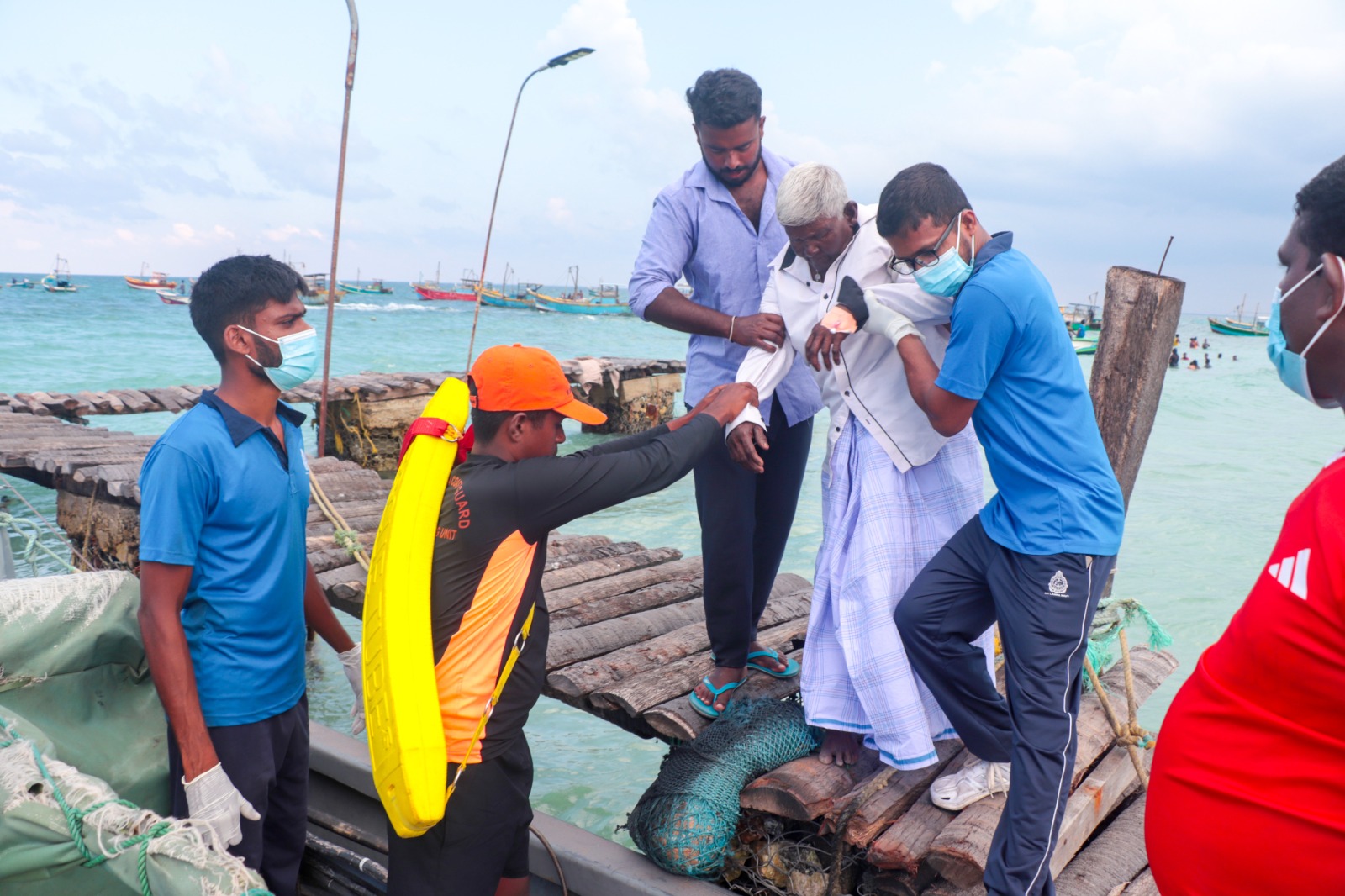
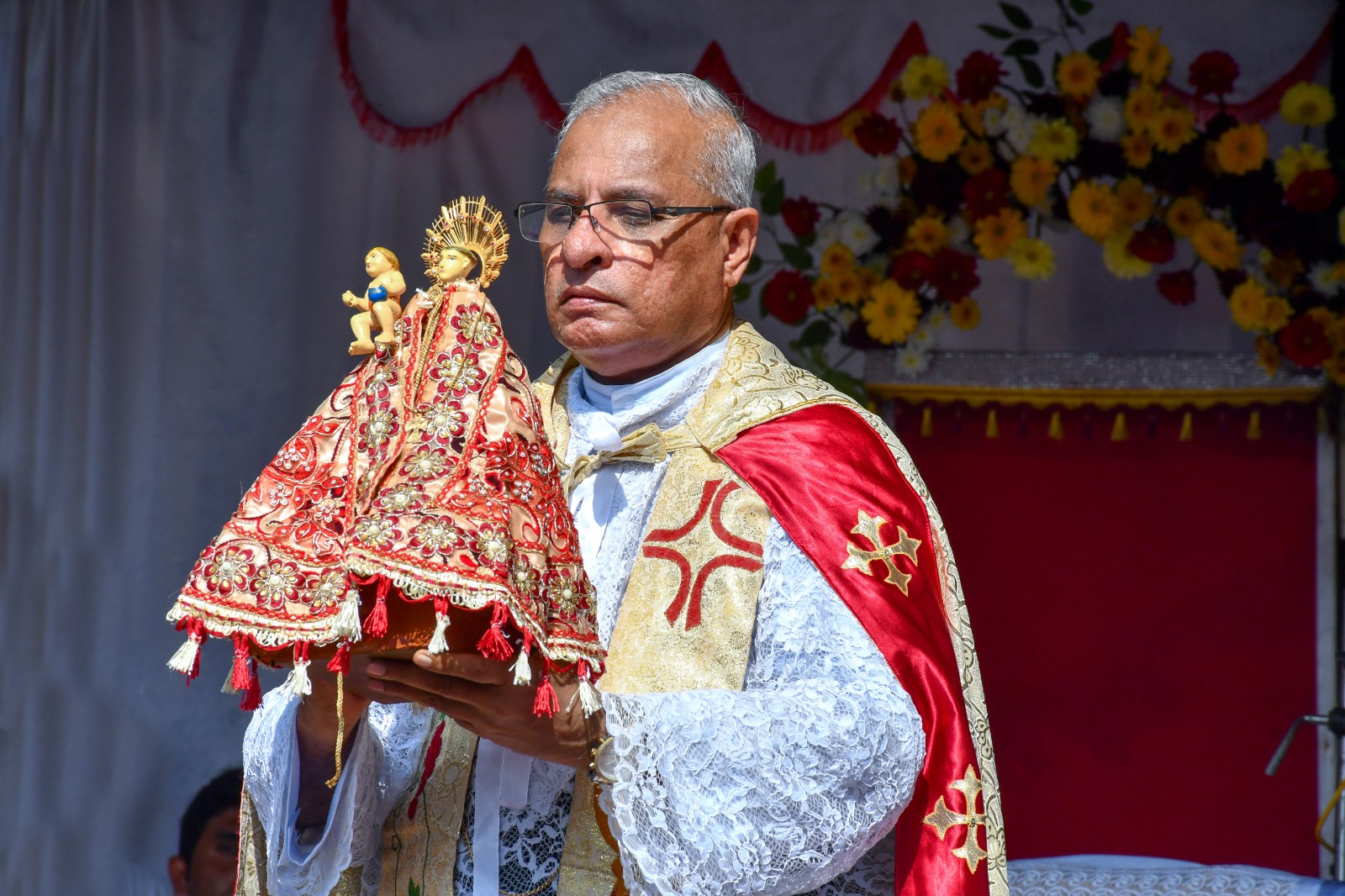
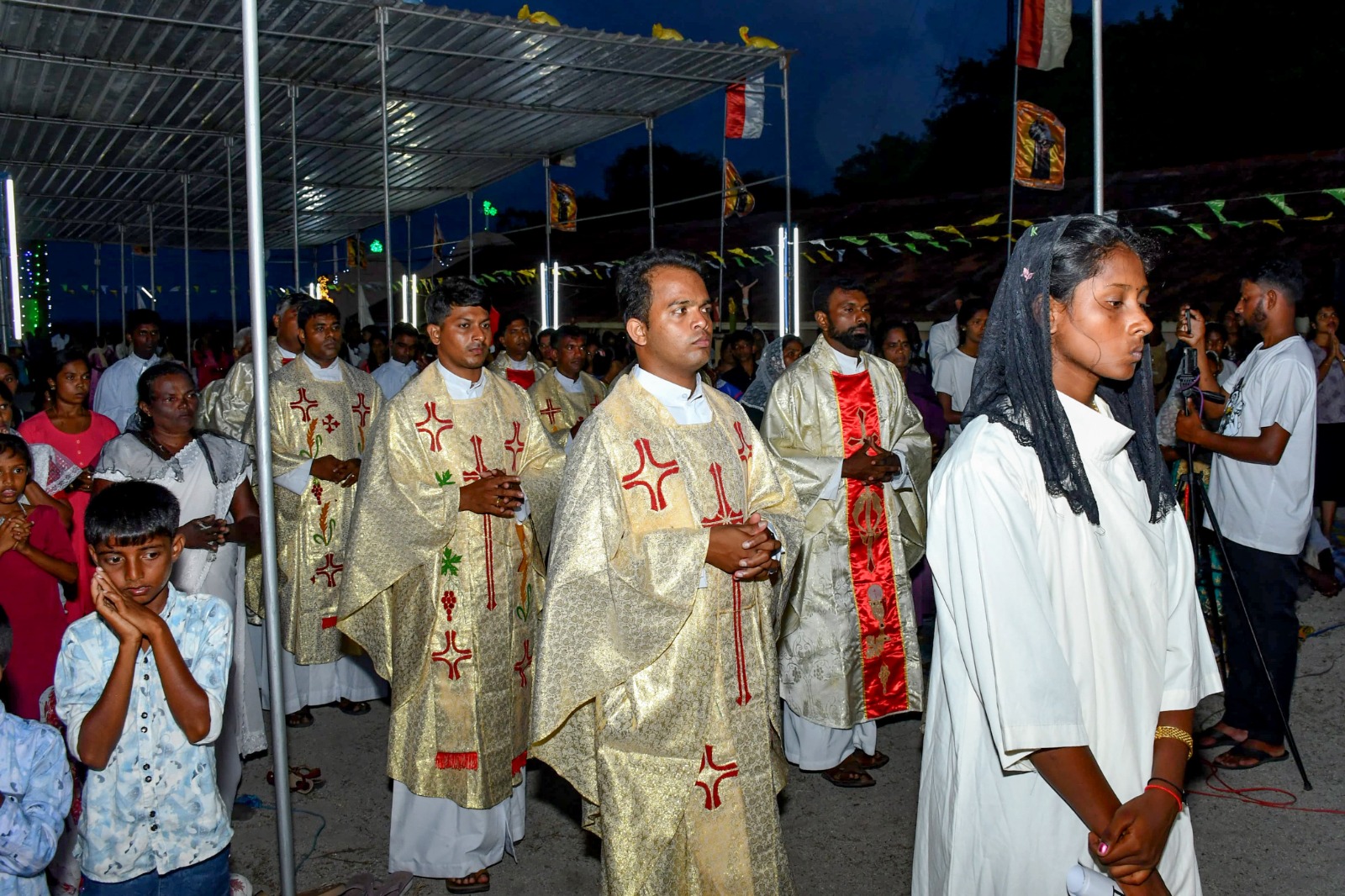
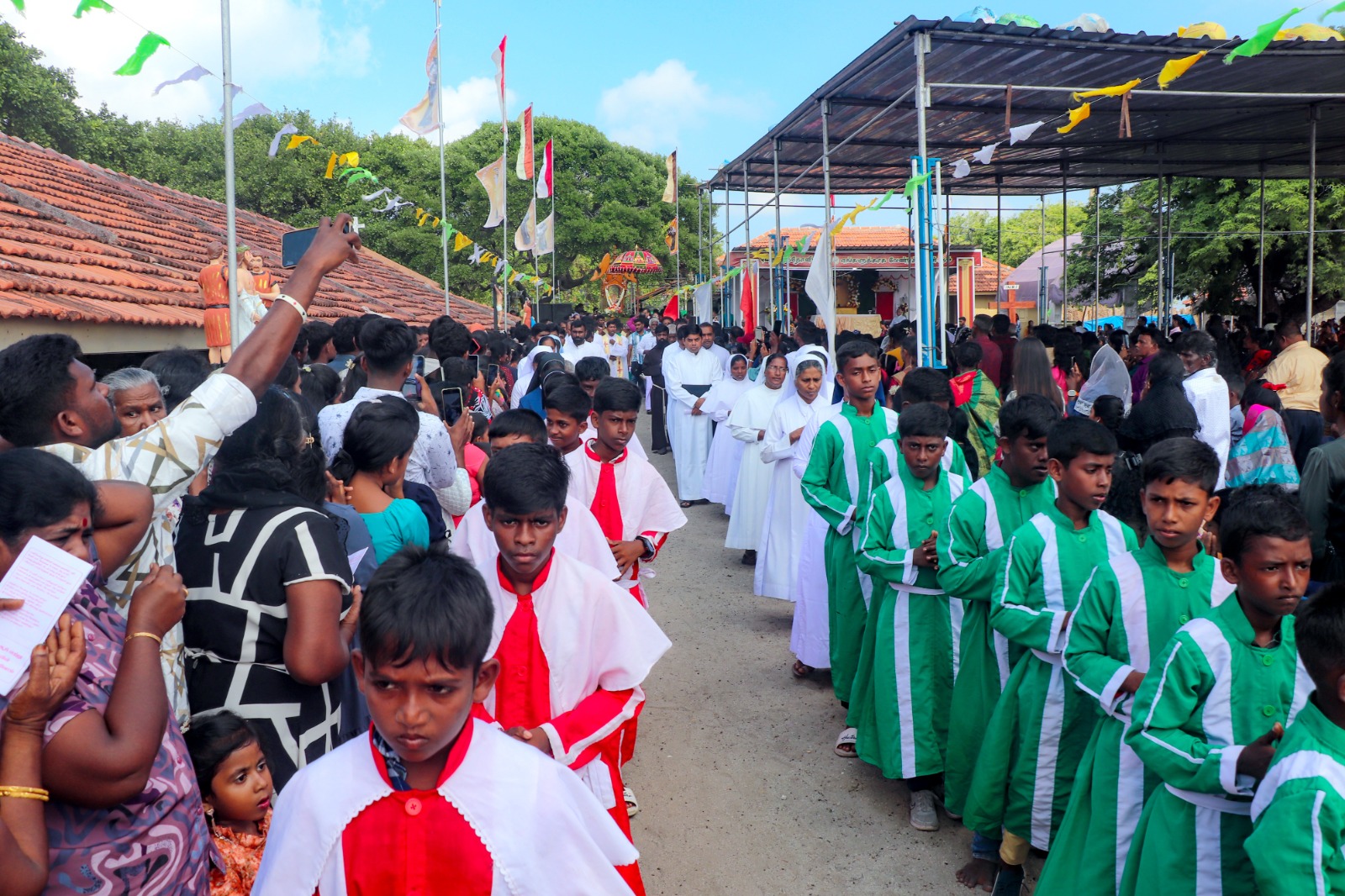
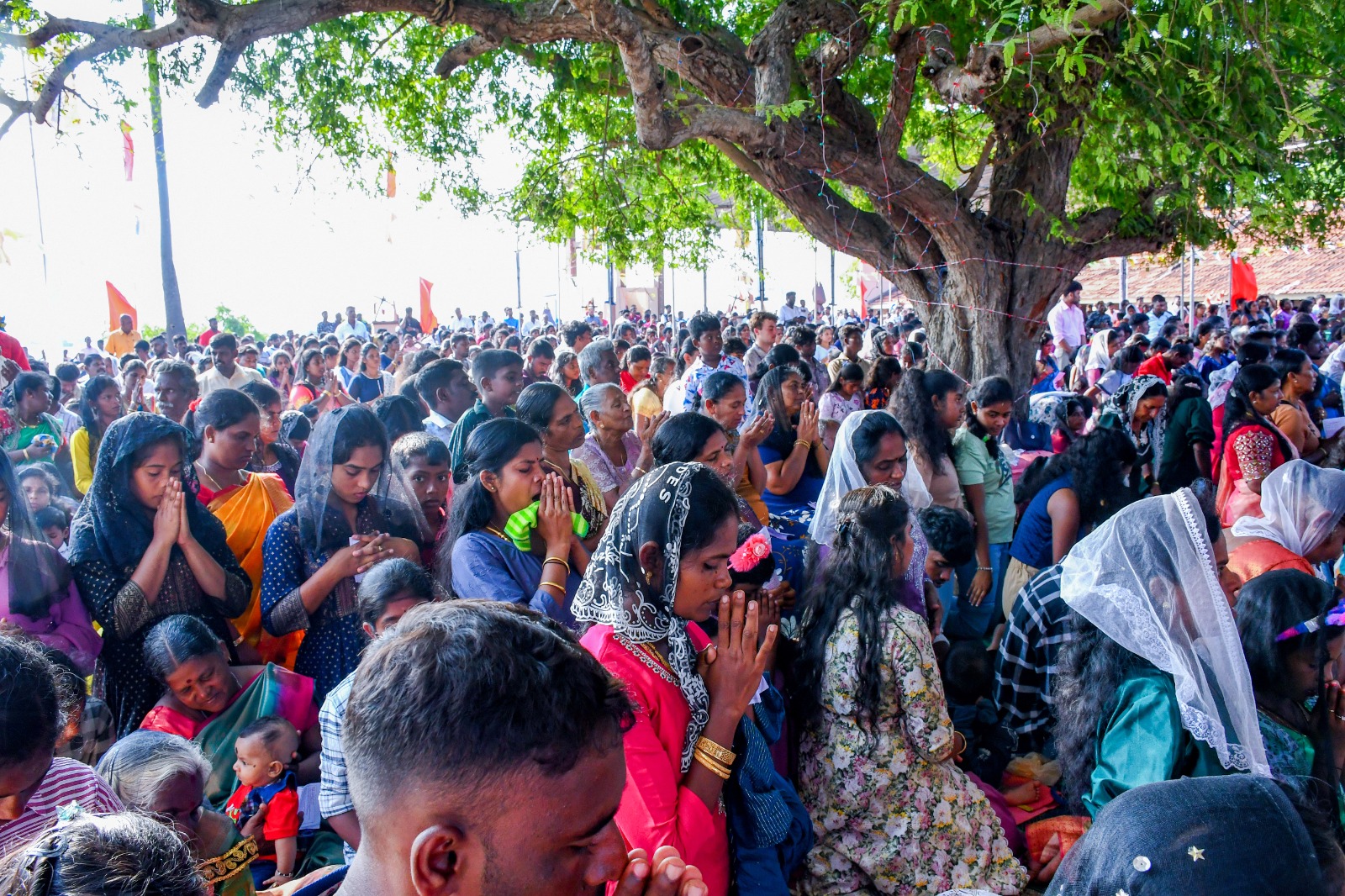
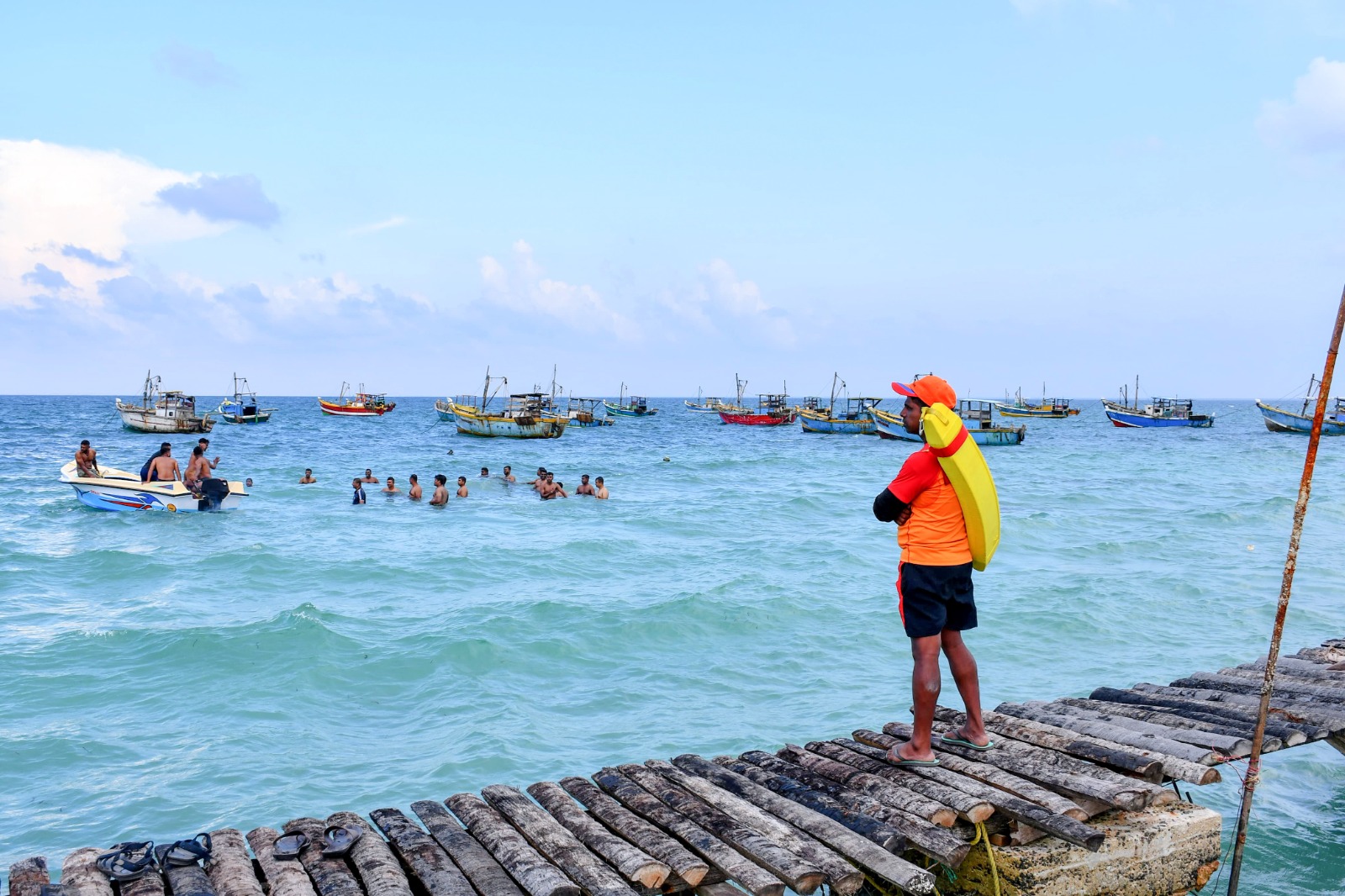
(Navy Media)
News
One in three SL adolescents not attending school: Report
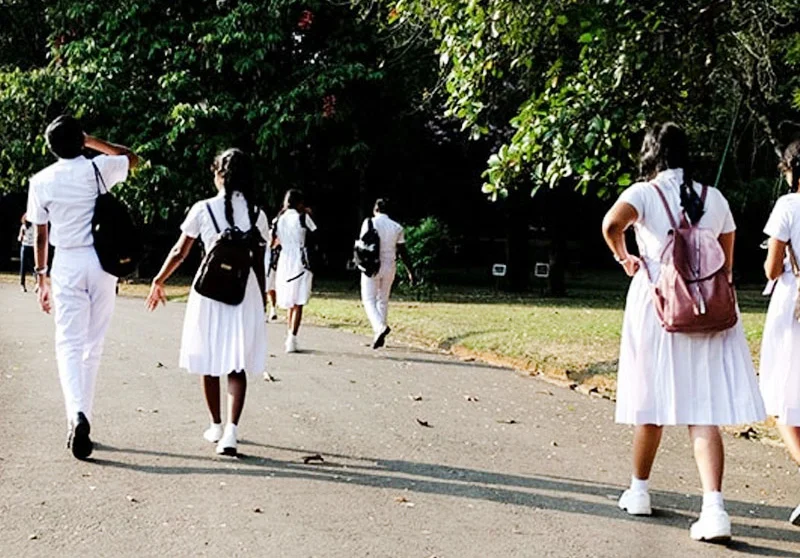
Twenty nine percent of Sri Lanka’s adolescent population, or approximately 3.5 million young persons aged 10 to 19, are currently not attending school, according to the latest findings of the Global School-Based Student Health Survey (GSHS) 2024 Sri Lanka report, released recently.
The survey, conducted with the participation of 3,843 students from grades 8-12 in 40 government schools across the country, sought to assess health-related behaviours, identify risk and protective factors, and help shape policies and programmes designed to improve adolescent health in Sri Lanka.
Among the survey’s findings, nearly one in five students—17.4%—reported consuming unhealthy amounts of alcohol, with a significantly higher percentage of boys involved in this behaviour. The report also highlighted the prevalence of unhealthy food choices, with 28% of students drinking sugary beverages daily, and 28.5% regularly eating salty snack foods. Alarmingly, 29.3% of students consumed high-fat foods on a regular basis, and 40.9% reported daily consumption of food rich in sugar. The trend of unhealthy eating was further underscored by the revelation that 70.4% of students had consumed instant food at least once in the past week.
The survey also sheds light on weight issues among adolescents. Among students aged 13-17, 21.4% were found to be underweight, while 12.1% were classified as overweight. In addition, 12.8% of students had experimented with smoking, either trying a cigarette or more.
The findings were unveiled during a presentation led by Dr. Hansaka Wijemuni, Deputy Minister of Health and Media, at the Family Health Bureau Auditorium. The report, a joint initiative between the Ministry of Health and the Ministry of Education, was produced with technical and financial support from the World Health Organization (WHO).
It provides a comprehensive look at a range of health issues affecting adolescents, including nutrition, physical activity, mental health, substance abuse, violence, injuries, sexual health, and more.
Key stakeholders present at the event included Dr. Anil Jasinghe, Secretary of the Ministry of Health and Media; Dr. Chandima Sirithunga, Director of the Family Health Bureau; Christian Skoog, UNICEF Representative for Sri Lanka; Dr. Alaka Singh, WHO Representative in Sri Lanka; Aburrahim Siddiqui, Country Director of the World Food Programme (WFP) and Dr. Nalika Gunawardana, Regional Adviser at WHO’s Asia Pacific Office.
News
RW blames NPP govt. for failing to secure Adani investments

Former President Ranil Wickremesinghe has raised concerns over Sri Lanka’s failure to move forward with large-scale foreign investments, warning that the stalled USD 700 million Adani project alone is a major setback for the country’s economic recovery.
“Adani’s project is about USD 700 million. That’s no joke. We need that money to recover,” Wickremesinghe emphasised, pointing out that additional development projects in Trincomalee could have brought in another USD 400–500 million.
“Just imagine—over a billion dollars in investments has been stopped,” he added.
Joining Ada Derana’s current affairs programme ‘@Hydepark’ recently, Wickremesinghe also expressed disappointment at Sri Lanka’s uncertain stance on these projects, particularly in relation to its commitments under the 2023 Indo-Sri Lanka Vision Document.
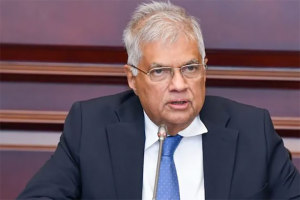 “Most of the Indians I met recently—it was embarrassing for me. I told them these projects were under consideration, but the truth is that I don’t know whether they are still being considered or have been rejected,” Wickremesinghe said, warning that delays in these investments could damage Sri Lanka’s economic ties with India and deter other potential investors.
“Most of the Indians I met recently—it was embarrassing for me. I told them these projects were under consideration, but the truth is that I don’t know whether they are still being considered or have been rejected,” Wickremesinghe said, warning that delays in these investments could damage Sri Lanka’s economic ties with India and deter other potential investors.
“Once India invests in us, others will follow. By 2050, India will be the world’s second-largest economy. We need growth, and the only way to achieve it is by working with other countries and creating an attractive environment for foreign investment,” the former President said.
While acknowledging that Sri Lanka has reached a point of economic stabilisation, Wickremesinghe stressed the need for long-term reforms.
“Right now, we are only stabilizing—nothing more. To move ahead, we need major changes. We don’t need to be poor. We can build a trillion-dollar economy, and we must go for it,” he noted.
-
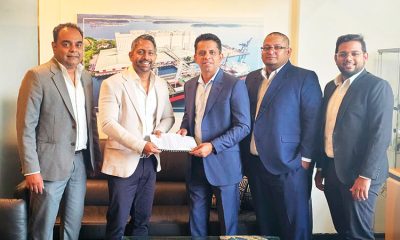
 Business4 days ago
Business4 days agoCargoserv Shipping partners Prima Ceylon & onboards Nestlé Lanka for landmark rail logistics initiative
-

 Features2 days ago
Features2 days agoThe US, Israel, Palestine, and Mahmoud Khalil
-

 News2 days ago
News2 days agoSeniors welcome three percent increase in deposit rates
-
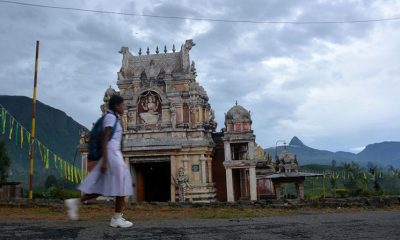
 News2 days ago
News2 days agoScholarships for children of estate workers now open
-

 Business4 days ago
Business4 days agoSri Lankans Vote Dialog as the Telecommunication Brand and Service Brand of the Year
-
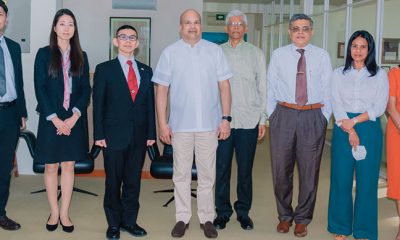
 News3 days ago
News3 days agoDefence Ministry of Japan Delegation visits Pathfinder Foundation
-
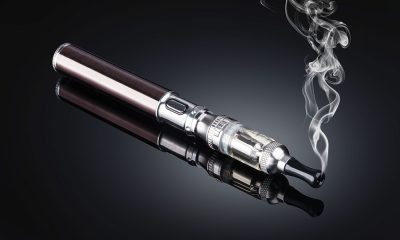
 Features4 days ago
Features4 days agoThe Vaping Veil: Unmasking the dangers of E-Cigarettes
-
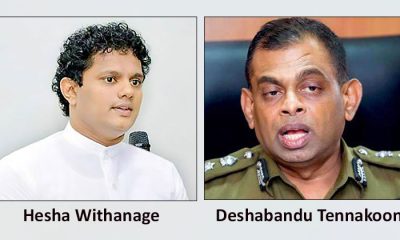
 News4 days ago
News4 days ago‘Deshabandu is on SLC payroll’; Hesha tables documents











